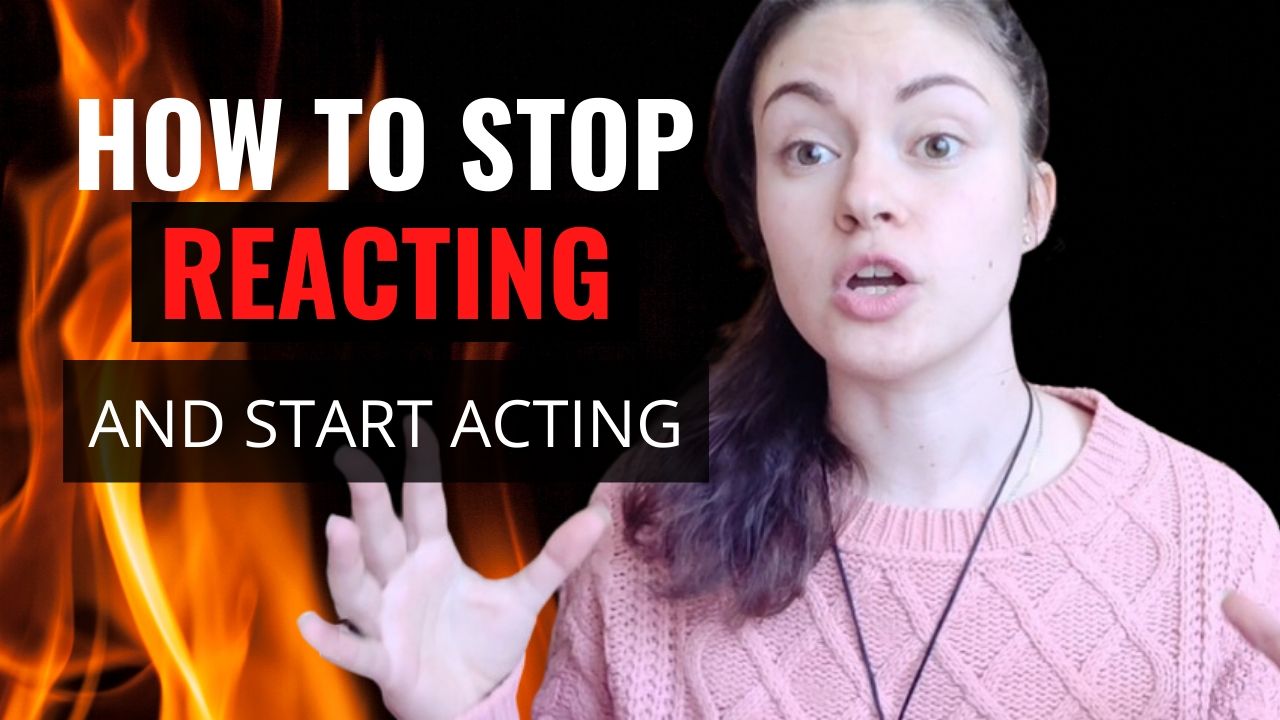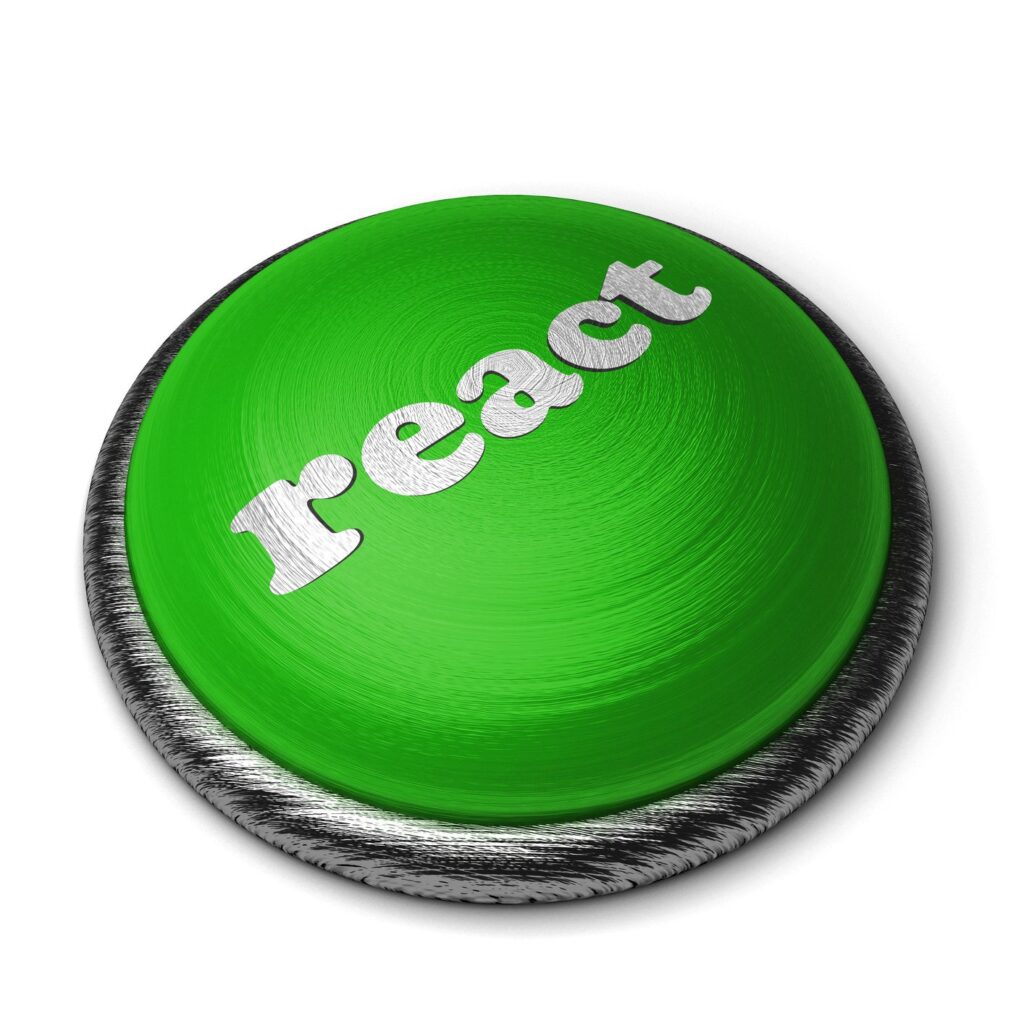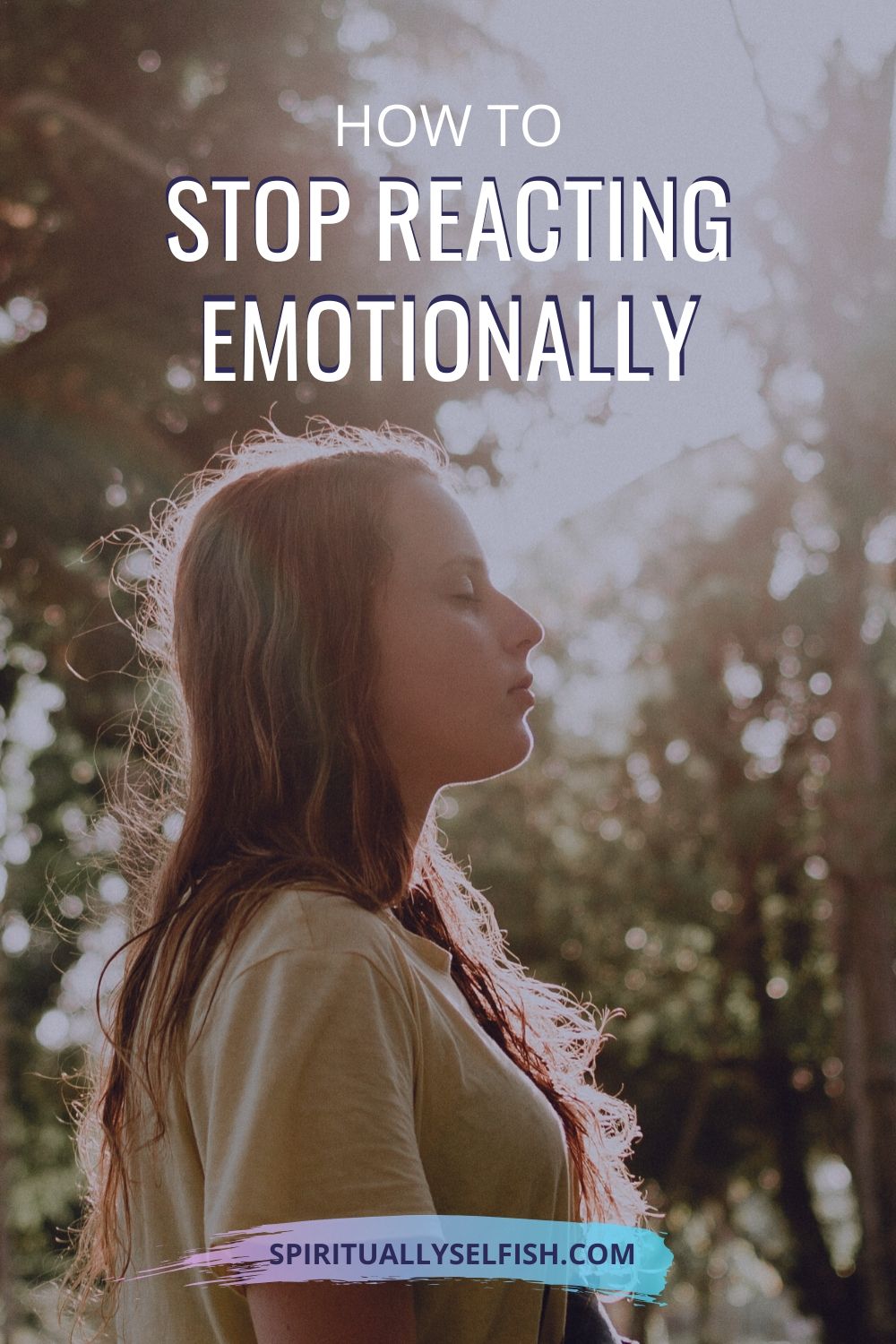Stunning Info About How To Stop Reacting Emotionally

Maybe you would react by shouting, trying to push someone’s buttons, or become defensive.
How to stop reacting emotionally. They live authentically and stick to their own values and beliefs, even when doing so may rub. Not reacting is a powerful way to control your emotions. Identify what triggers strong emotions for you.
People with high emotional intelligence can manage stress and their emotions by utilizing the power. We consider them uncomfortable and problematic. One way to answer this is by listening to the feedback from the people you love and respect in your life.
Pause when you hit pause, you take time to stop and think before you speak or act. Working on ways to decrease the intensity of emotional reactions often comes with having to become more aware of triggers, such as environments or settings. While it can look different to each person, it.
Doing so can prevent you from saying or doing something you'll later. As a species, we are primed to avoid pain and suffering to ensure our survival. Steps to stop overreacting to emotional triggers.
Are they on edge when you’re faced with a stressful situation? By david richo, phd | experience. Five tips for increasing emotional stability 1.
Take the time to recognize your usual response and sit with it for a moment. Why we are reactive in the first place we are reactive or over reactive when our stress response is triggered sending us into fight, flight, or freeze mode. On the flip side, no visible or even invisible changes occur in our bodies when we respond from a place of peace and calm.
Sometimes, it can be easy to see what triggers your emotional reactivity, but not always. Emotionally secure people feel empowered, confident and safe. Replenish your energy feeling drained and depleted can make you more reactive than normal because you have fewer energy supplies to draw on.
13 strategies to deal with your emotional triggers a psychotherapist offers actionable advice for handling our trigger reactions. If frustrating, painful or traumatic experiences cause you to react in unhelpful ways, create conflict with others, or prevent. Identifying what kinds of situations cause you to react with intense.


















